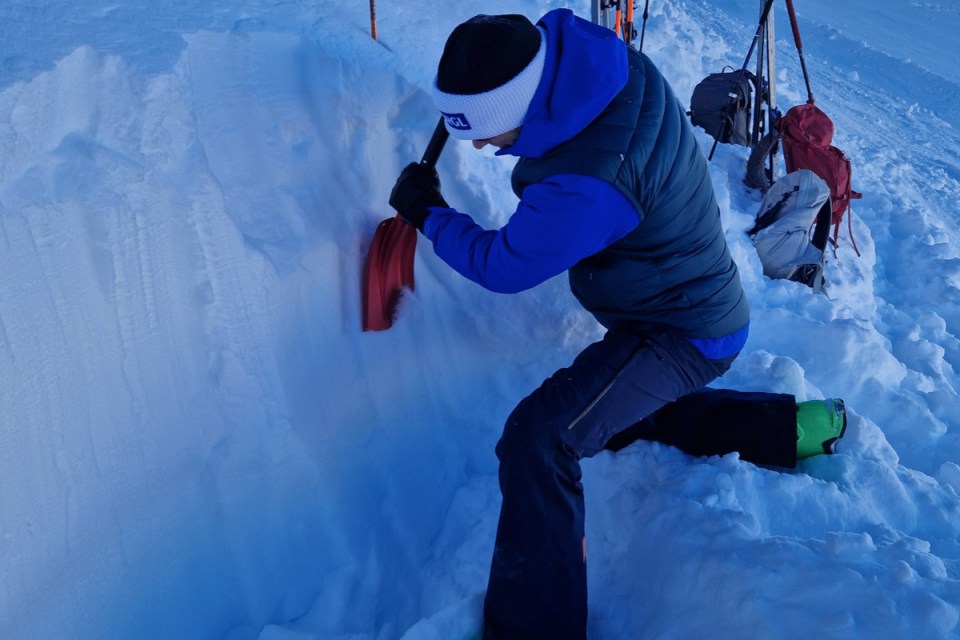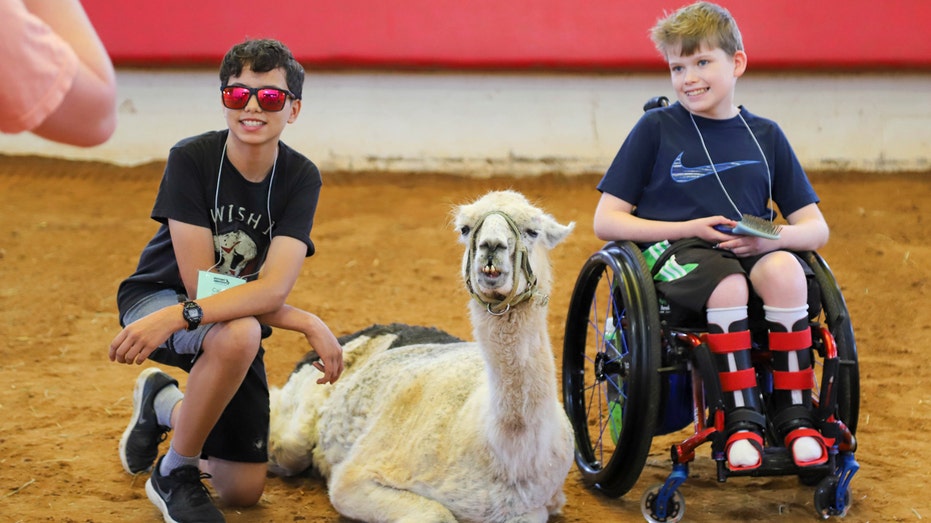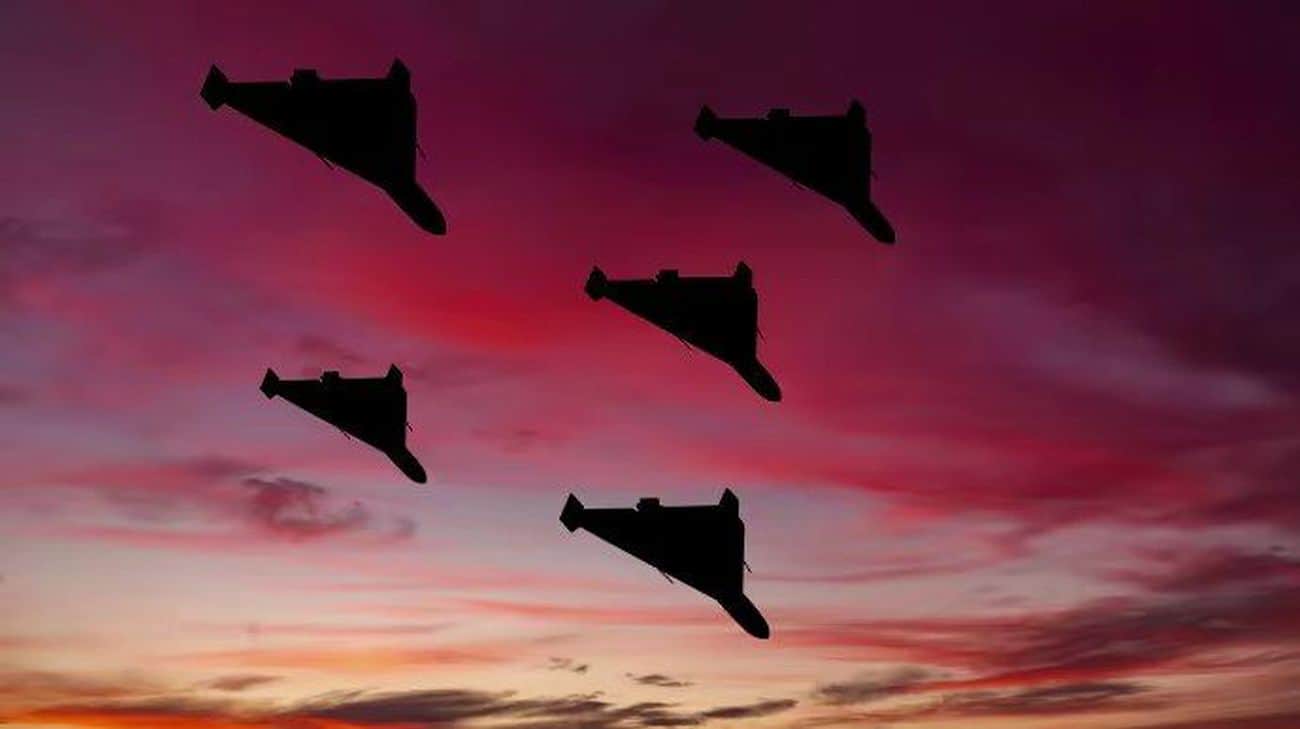I did avalanche training so I could ski more
What do an ex Royal Marine, a former police inspector and a Network Rail team leader have in common? They all recently passed the Ski Club of Great Britain reps course. I joined this trio and 32 others from all parts of the UK to undertake an intense 12-day programme in Tignes, France to become [...]


What do an ex Royal Marine, a former police inspector and a Network Rail team leader have in common? They all recently passed the Ski Club of Great Britain reps course.
I joined this trio and 32 others from all parts of the UK to undertake an intense 12-day programme in Tignes, France to become a rep for the Ski Club of Great Britain, a club that since 1903 has been organising skiing for Brits. Reps are present in 30 resorts across Europe and North America where they help organise group skiing and socialising for any members who are in the resort.
In my mid fifties, and with more time than ever on my hands, I had begun to think of ways to ski for three or four weeks a season without all the associated costs. As a rep, many costs are subsidised, plus it means helping other people and building a community.
“Our reps are the front line of the Ski Club; their role is to help members get the best from their ski holidays,” explained Ski Club of Great Britain chairman Angus Mciver, who was on hand throughout the course.
The programme is split into three sections: ski performance, group management and mountain safety, including gaining the American Avalanche Association level 1 certificate (the lowest avalanche safety qualification, but essential for being a rep).
As well as picking up tips on how to ski better, Ski Reps learn from qualified instructors about mountain safety, which was a bonus for me: being someone who likes to explore off piste, my knowledge was worryingly spartan about avalanche safety. But how good of a rep could I be? I was apprehensive that I wouldn’t have the patience or empathy required. I wasn’t wrong.

During an introductory meeting we were asked to “tell the group about your skiing history”. I was daunted by the decades of skiing experience accumulated by many of my colleagues. While there’s no need to be a great skier to pass the course, it seems a fair few have a strong game on the slopes. There are qualified ski instructors, extremely serious climbers and ski mountaineers, and a good number who grew up skiing in Scotland, which in itself is not for the fainthearted. Thankfully there were also people with just nine weeks’ skiing under their belts.
To start there were two half-day classroom sessions, focused on how to manage groups so they feel empowered and involved. It was drummed into us that reps are neither leaders nor guides. Not only is this important for the involvement and enjoyment of the members, but an essential legal distinction. Should an accident occur and the rep was found to be acting as a guide or solo leader, there could be problems. The rep service in France was suspended in 2016 when a rep was arrested for allegedly “guiding” a group without the necessary qualification. In the years since, The Ski Club of Great Britain has worked assiduously to clarify that reps never “guide.”
Finally, we hit the snow. I rented my skis from Intersport, while others choose from a quiver of skis they had brought. Thankfully my ability concerns were quickly allayed – it turns out my own decades of experience were more than sufficient.
While there’s no need to be a great skier to pass the course, it seems a fair few have a strong game on the slopes
Next was avalanche training. When skiing off piste as a rep it is mandatory to carry an avalanche transceiver so you can find others and also be found, a probe to help locate buried victims and a shovel to dig them out quickly when you find them. While unlikely that you will ever need to use this equipment, it is important to know how to use it just in case, so we practice by rescuing buried transceivers. Even small avalanches are well worth avoiding, so spotting risky terrain is key. This was my favourite part of course as we learned to read the terrain, identify slopes that could avalanche and how to minimise the risk of being “avalanched”. But before we got to the skiing, we spent an hour digging ‘snow profiles’ at 3,400m in a howling gale. The profile showed the “snow history” of the winter and, more importantly, which sections are likely to avalanche. Thank you to Helly Hansen for keeping me warm.
Led by Mike Austin, co-owner of the aptly named avalanchegeeks.com, we also spent time in the classroom learning to read avalanche reports, figuring out what causes avalanches beyond the obvious – lots of snow – and what to look out for to avoid dangerous areas. Then we ventured into the backcountry to put the theory into practice. We sought out “islands of safety” which are good places to stop; we probed the snow to see if there were layers that could avalanche and, above all, spotted slopes steeper than 30 degrees: these are the biggest danger areas. Our actions were scrutinized but we all put our learning into safe practice and passed. The good news, we learned, is that restaurants selling hot chocolate and cold beers are also considered “islands of safety”.

I loved getting to know other wannabe reps. Their motivation for undertaking the course varies, but it is largely about being able to ski more for less. With ski club reps in 30 resorts around the world, there is ample opportunity for lots of heavily discounted skiing. While unpaid, reps receive board and lodging, lift passes, plus a contribution to travel. At £3,000 plus the lift pass fee, the course isn’t cheap, but with the possibility of many weeks per season of skiing for relatively little, you can see why it remains a motivation.
Others see being a rep as a “slide into retirement” – the average age of the attendees is late fifties, with many working part time. “My partner doesn’t ski, and as a rep I will meet lots of people like me,” is a common refrain. Once you pass the course – and all 36 of us passed – you just need to take a three day refresher after five years.
It was an intense week, especially given it was, on some level, supposed to be a holiday. But the course made me see my favourite hobby in a new light and made me more aware of skiing safely, which is essential given accidents on the slopes are rising. I can’t wait for my first gig as a rep. See you on the slopes.
Ski Club of Great Britain: skiclub.co.uk
Tignes Tourist Office: tignes.net
Ski Rental: intersportrent.com



